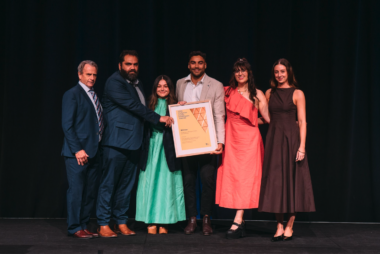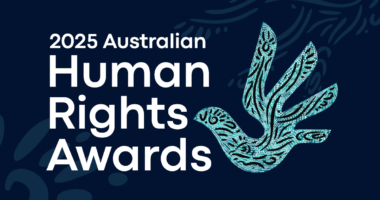A Monash University expert is available to discuss the use of race and culture in fast food advertising, such as Nando’s Australia’s Firey Times. Fired Up Flavour advertisement, and the reactions to KFC’s Finger Lickin’ Good campaign in Canada.
Dr Angela Cruz, Senior Lecturer, Department of Marketing, Monash Business School
Contact via email: [email protected]
- Cultural diversity
- Branding and marketing communication
- Consumer culture theory
The following can be attributed to Dr Cruz:
“It’s not unusual for advertisers to try different approaches to connect with customers. Using elements of cultural diversity offers a desirable departure from the everyday, while connecting customers to modern and global representations of cultural difference.
“Our research has found that conflict arises when consumers have to choose between cultural appreciation, which encourages them to consume elements from other cultures, and cultural appropriation, which challenges them to care about the impact of their consumption on other cultures.
“There is currently no consensus on how to appreciate cultural difference without appropriating, but consumers know what it is and why it is problematic, which spurs them to reflect.
“There isn’t consensus on who can grant permission.
“Our recent research found four ‘self-authorisation’ methods to describe how consumers reflect and respond to the conflict between cultural appreciation and cultural appropriation.
Reforming - I am an activist and I think this activity is harmful. It needs to stop.
Restraining - I am a cautious appreciator. I don’t want to offend, so I'll avoid cultural products that are too controversial.
Re-contextualising - I am a respectful outsider. I will learn the history behind a symbol, dance move, or clothing style.
Rationalising – I am a cosmopolitan. Cultures should be enjoyed by everyone and cultural appropriation claims don’t apply to me.
“Although big business heavily influences market responses, public consciousness is also being shaped by mainstream and social media conversations on this issue. However, calls to appreciate other cultures are being undercut by consumer concerns about cultural appropriation.
“Consumers take on the responsibility to process diversity, equity and inclusion and self-authorise its use but often don't question the system that uses cultural difference as a marketing point of promotion in the first place.”
For more Monash media stories visit monash.edu/news
For any other topics on which you may be seeking expert comment, contact Monash University Media on +613 9903 4840 or [email protected]



